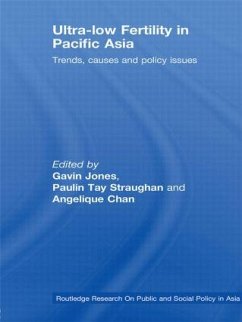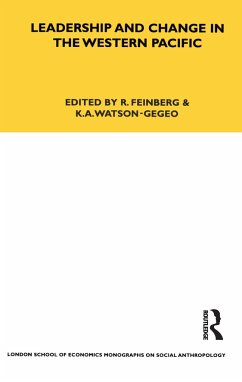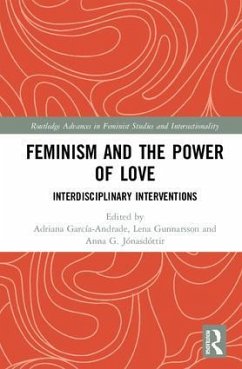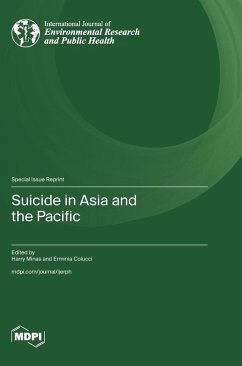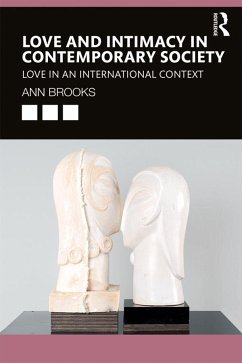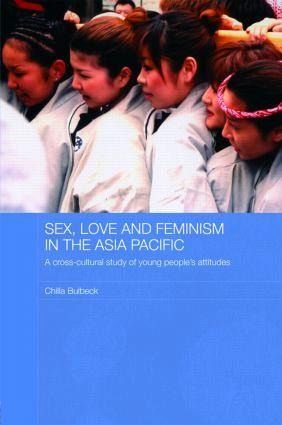
Sex, Love and Feminism in the Asia Pacific
A Cross-Cultural Study of Young People's Attitudes
Versandkostenfrei!
Versandfertig in 1-2 Wochen
177,99 €
inkl. MwSt.
Weitere Ausgaben:

PAYBACK Punkte
89 °P sammeln!
'Sex, love and feminism' are three aspects of the rapidly changing gender relations that shape young people's lives in the Asia Pacific region. Much has been written about rapidly changing countries in Asia, most recently China and India. With the global spread of capitalist production and neo-liberal ideologies, the claim that the rest of the world's women are treading the path to enlightenment and development forged by women in the West has been revived. This book explores that contention through a comparative analysis of the attitudes of young middle class urbanites in ten countries: the US...
'Sex, love and feminism' are three aspects of the rapidly changing gender relations that shape young people's lives in the Asia Pacific region. Much has been written about rapidly changing countries in Asia, most recently China and India. With the global spread of capitalist production and neo-liberal ideologies, the claim that the rest of the world's women are treading the path to enlightenment and development forged by women in the West has been revived. This book explores that contention through a comparative analysis of the attitudes of young middle class urbanites in ten countries: the USA, Australia, Canada, Japan, Thailand, South Korea, India, Indonesia, China and Vietnam. Drawing on detailed empirical research, the study describes and compares attitudes towards the women's movement, sexual relations and family arrangements in the countries considered. It explores young peoples' image of feminists and what they feel the women's movement has achieved for women and men in their country. The book discusses young people's attitudes to controversial gender issues such as role reversal, sharing housework, abortion rights, same sex sexual relations, nudity and pornography. Through a comparative analysis of the gender vocabularies by which young people understand gender issues, the book highlights the role of differences in history, culture, economics and political leadership. These influence attitudes to gender relations, the status of women and the political programs of the women's movement in different countries. Whilst there are striking parallels between countries and even across the whole sample, those similarities do not fall neatly into a simple dichotomy of the 'west versus the rest'.




